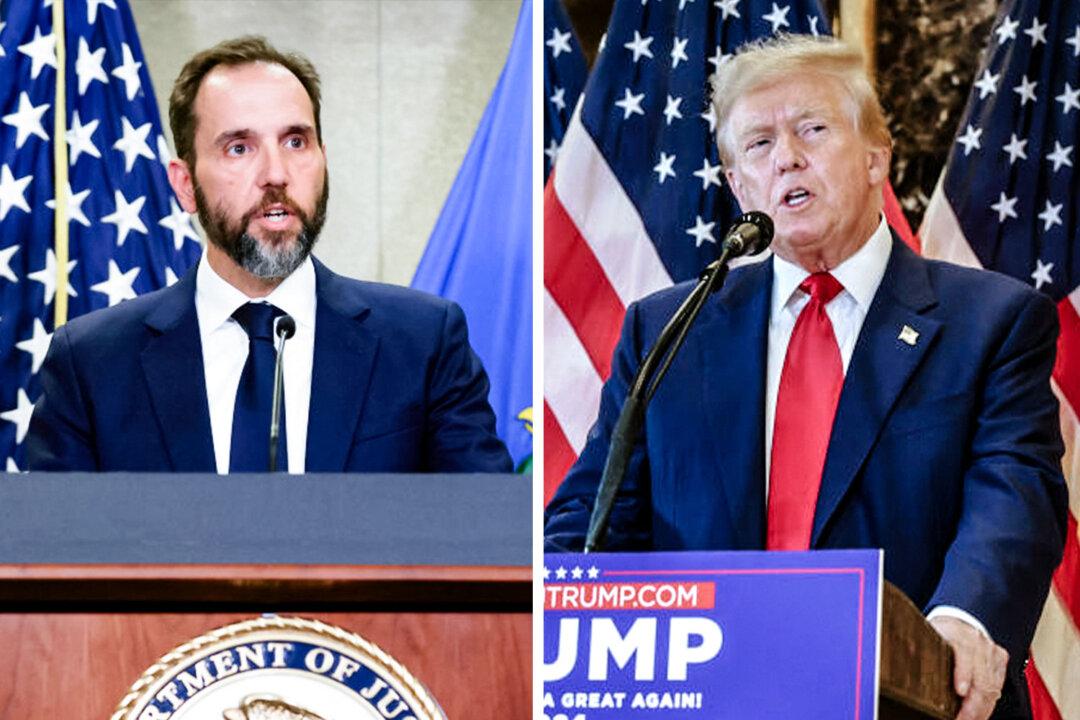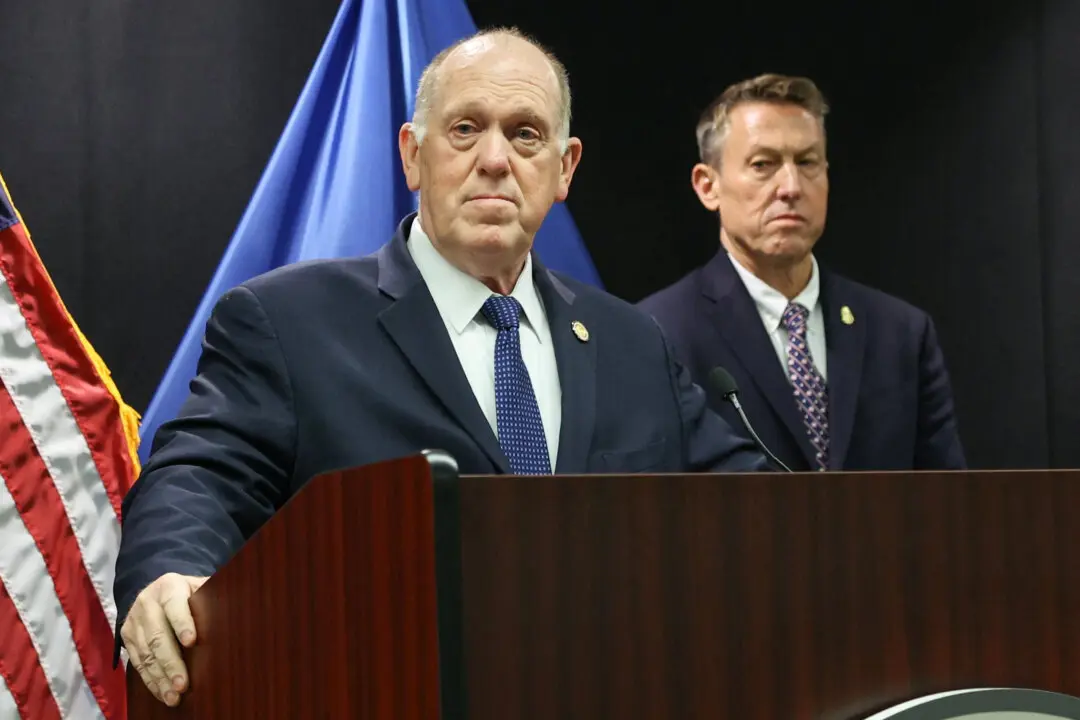A judge on the evening of Sept. 24 granted special counsel Jack Smith’s motion to file an “oversized” brief on presidential immunity in former President Donald Trump’s election interference case.
Smith had asked the court to file a brief up to 180 pages in length in response to the Supreme Court’s ruling in July that presidents have some immunity from prosecution for their official acts and duties.





